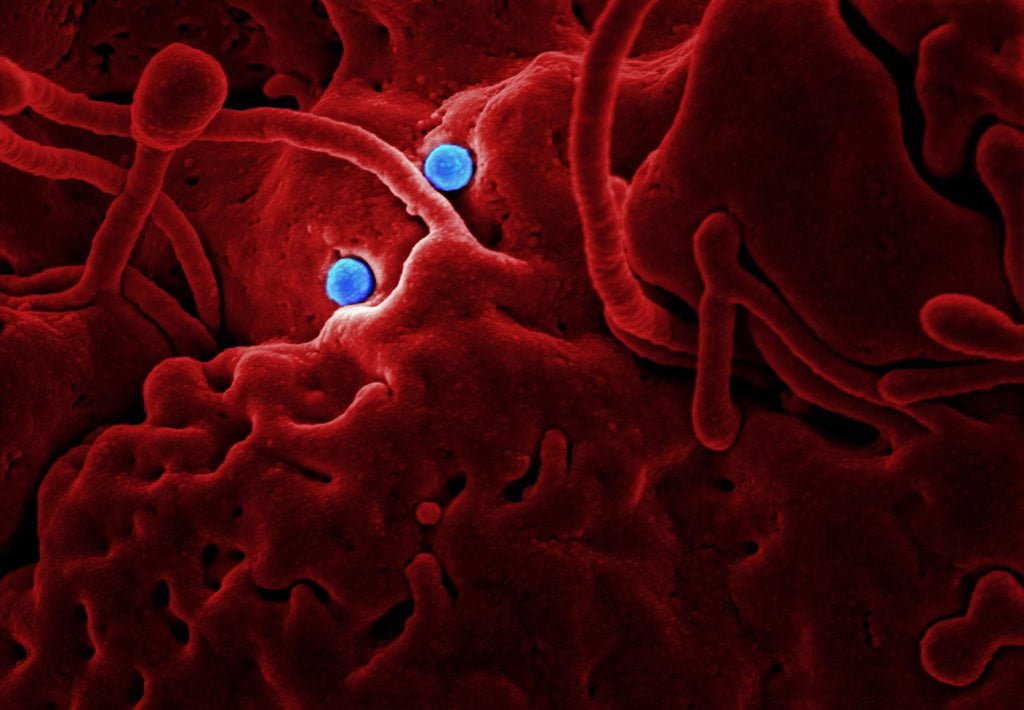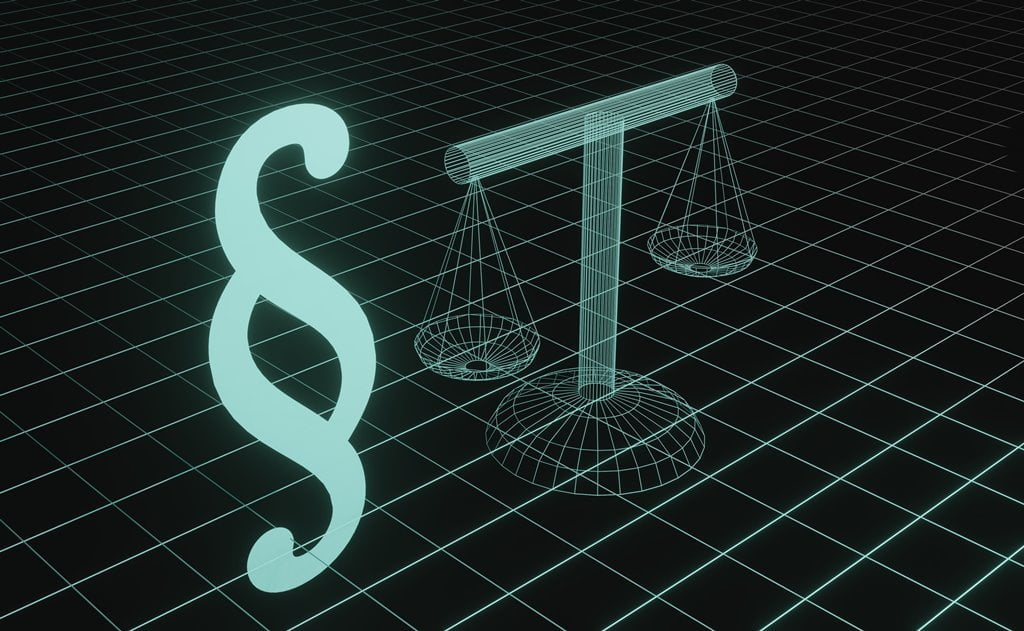Artificial Intelligence is a simulation of man-made intelligence built into machines as programs that can make decisions independently when correct data is given. AI has steadily been integrated into daily medical practice after decades of research and has achieved significant progress in medical image processing, medical process optimization, medical education, and other applications. Artificial intelligence will enhance patient diagnosis, prevention, and therapy, as well as clinical decision-making.
Opportunities Related To AI in Healthcare
Monitoring Patients Mobility
In the medical field, the medical staff in a hospital is extremely busy handling patients. It is important to keep track of patients’ activities. This is crucial when it is an intensive care unit (ICU) since they have to handle patients in severe conditions. As an option to be aware of the patients all the time, Stanford University and Intermountain LDS Hospital researchers installed depth sensors integrated with ML algorithms in patients’ rooms to track their movements in order to enhance results. 87 percent of the time, the technology correctly recognized motions. Eventually, the researchers hope to send alerts to ICU staff when patients are in distress.
Pharmaceutical Drugs Development Clinical Trials
Conducting effective clinical trials is one of the most difficult challenges in drug development. According to a report published in Trends in Pharmacological Sciences, it can take up to 15 years to bring a new – and possibly life-saving – medicine to market. It could possibly cost between $1.5 billion and $2 billion. Approximately half of that time is spent in clinical studies where the majority of which fail. Researchers can use AI technology to find suitable patients to participate in the trials. They can also monitor their medical reactions more efficiently and correctly, saving time and money in the process.

Improving The Standard of Electronic Health Records (EHR)
Any healthcare professional will tell you that complex EHR systems are a curse of their existence. Traditionally, physicians would handwrite or type observations and patient information whereas two physicians never did it the same way. They frequently did it after the patient visit, which occur human error. If we implement artificial Intelligence technology, interactions with patients, clinical diagnoses, and possible treatments could be supplemented and documented more correctly with AI- and deep learning-powered voice recognition technology.
For Disease Classification and Identification
Unsupervised Machine Learning algorithms for a given dataset can create predicting patterns. Importantly, when additional data is given into the system, it improves through a feedback process that assures increasing levels of precision at every stage. These algorithms could be used to forecast patient risk in communicable illnesses as well as distinguish hazards in the public. Unsupervised learning could potentially aid in illness categorization by finding distinct subgroups through its algorithms, resulting in better-focused care and more accurate diagnosis. As a result, we can use AI to expand our medical understanding and enhance treatment.

Challenges Related To AI In Healthcare
The underlying difficulties of machine learning, the imperfections of ethics and regulations, and society’s unwillingness to accept have all impacted AI advancement.
Ethics Related To Data
The foundation of AI is data ethics, which includes informed permissions, privacy and data protection, ownership, objectivity, and transparency. Medical records of a patient are an essential element of Artificial Intelligence. Unfortunately, patients’ medical records can be transmitted to people who should not have them and some people will make money by selling patient medical records. Therefore, patients, as data owners, have the right to know how and to what extent their personal health data are stored and utilized. So there are legitimate ethical concerns when deploying AI in healthcare.
Legal Issues Arising Due to Artificial Intelligence
There are currently no internationally uniform rules or regulations governing the use of AI in medicine to standardize practitioner conduct. AI crime (a new and devastating crime) may arise if AI is employed by criminals. As a result, comprehensive and precise AI laws are urgently required. Several issues must be resolved which include legal professionals will not be able to create such laws on their own. We require the involvement of stakeholders involved in the creation or development of AI-based medical solutions. Second, when we face AI-related infringement, we must determine who is responsible: the AI manufacturer, the user, or both.

The application of AI in health services, particularly in health care management, is required to make medical decisions, especially predictive analytics, in diagnosing and treating patients. The challenges are encouraging early acceptance, sustainable deployment in the health system, a lack of respect for the user’s perspective, and technology that is not being used properly, yet is required for AI adoption in the public health sector.






0 Comments